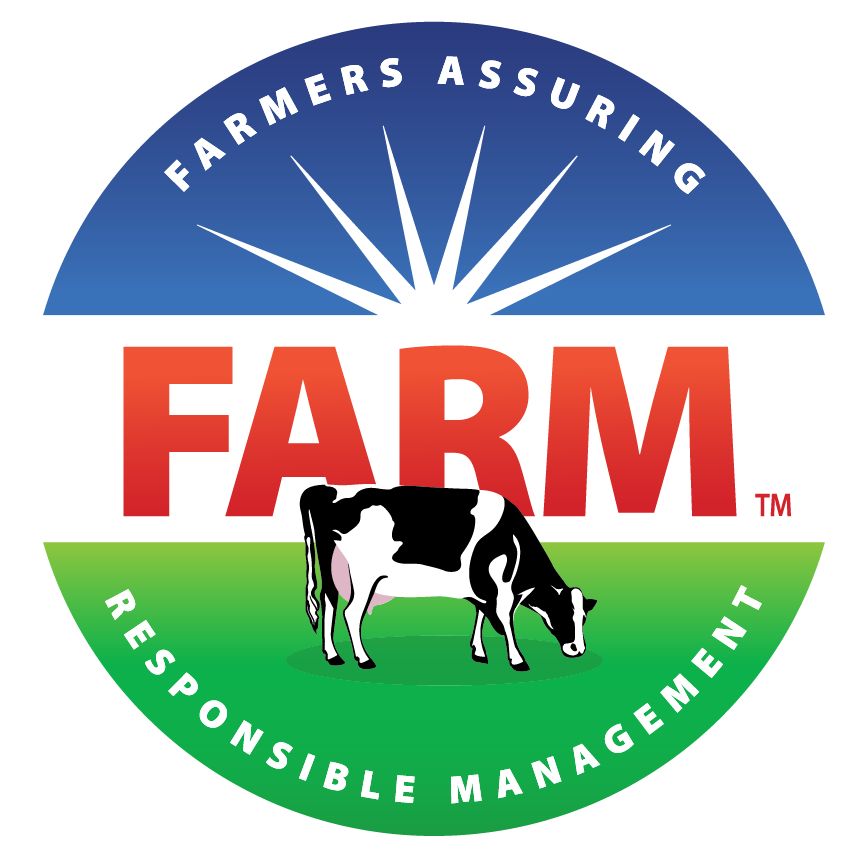It’s easy to see what’s important to the Hoffmans: cows and family.
“Family is pretty much the reason we are here,” said daughter Tricia.
Located in upstate Pennsylvania, Hoffman Family Farm began in 1976 with just 40 cows and 400 acres, operated by Tricia’s parents, Dale and Carol Hoffman (pictured). When the family expanded, so did the farm. As the children grew up and returned to the farm, the facility grew even more. And when the grandchildren came, the farm expanded yet again. Today, the farm is home to 800 milking cows that are milked three times a day and produce two million pounds of milk per month.
Responsibilities on the Hoffman’s farm are divided between family members and 10 employees. While Dale and Carol own the farm, their children have their own roles. Keith is the herdsman and Brad is the “crop and heifer man.” Tricia is both the calf feeder and office manager. Josh handles the financial and technological elements of the operation. Even the grandsons are involved full time. Brad’s son Colton is a fellow herdsman and other son Coy is a feeder. What’s more, other family members can often be seen on the farm on their days off.
“It’s just our way of life,” says Tricia. “We work hard every day by using routine, consistency and efficiency, plus surrounding yourself with people who also think like that.”
Dairy farmers across the United States are not only responsible for providing the nation and world with a safe, wholesome milk supply, but also safe, nutritious beef. Almost 20 percent of the U.S. beef supply is sourced from dairy cows. This is a responsibility the Hoffman’s do not take lightly. They know they must maintain healthy cows to produce a quality product.
As participants of the National Dairy FARM Program and the Beef Quality Assurance program, the Hoffmans follow strict animal care guidelines to keep their animals in tip-top shape. Tricia says the family’s relationship with their veterinarian is of utmost importance. The vet stops by every two weeks for a herd health check, and has provided plenty of useful tips to improve overall cow health. Working closely with him, she says, has allowed the Hoffmans to customize a routine and plan for their operation.
Other animal care guidelines the Hoffmans follow include vaccination protocols and employee training to ensure a calm, consistent environment around the cows.
To help share their story of quality animal care, the Hoffmans invite visitors onto the farm and regularly share information about their lives through their social media channels.
Beef Quality Assurance is a nationally coordinated, state-implemented program that provides information to U.S. beef producers and beef consumers of how common sense husbandry techniques can be coupled with accepted scientific knowledge to raise cattle under optimum management and environmental conditions. BQA guidelines are designed to make certain all beef consumers can take pride in what they purchase – and can trust and have confidence in the entire beef industry.
The FARM Program is proud to partner with BQA to provide educational resources to cattlemen and dairymen.
